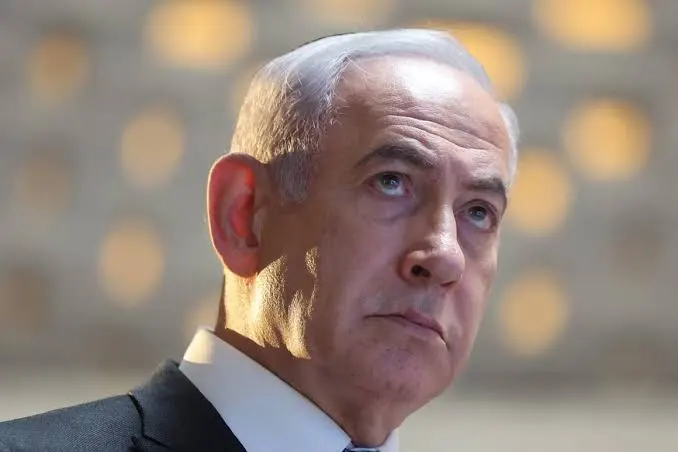JERUSALEM—Israeli Prime Minister Benjamin Netanyahu stated emphatically on Sunday that Israel will retain control over its security and will ultimately decide which foreign forces are acceptable as part of a planned international security mission in the Gaza Strip. The mission is designed to secure the fragile ceasefire brokered under the framework of US President Donald Trump’s peace plan.
Speaking to his cabinet, Netanyahu rejected any suggestion that Israel was relinquishing its security sovereignty or taking marching orders from Washington. “We are in control of our security, and we have also made it clear regarding international forces that Israel will determine which forces are unacceptable to us, and this is how we operate and will continue to operate,” Netanyahu said.
US Backing on Vetting
The Prime Minister stressed that this position is also supported by the United States, stating, “This is, of course, acceptable to the United States as well, as its most senior representatives have expressed in recent days.”
US Secretary of State Marco Rubio, who recently visited Israel to bolster the ceasefire efforts, reinforced this point, saying the international force must be composed of “countries that Israel’s comfortable with,” without naming specific nations.
Opposition to Turkish Involvement
Netanyahu has already signaled opposition to certain potential contributors, notably expressing strong reservations about any role for Turkish security forces in the Gaza mission. Relations between Israel and Turkey have deteriorated significantly during the recent Gaza conflict, with Turkish President Recep Tayyip Erdogan sharply criticizing Israel’s military campaign.
The Trump administration has ruled out sending US troops to Gaza but has been in talks with several nations, including Egypt, Indonesia, the UAE, Qatar, Turkey, and Azerbaijan, to contribute personnel to the multinational force.
Key Hurdles to Peace Plan Implementation
The planned international force, expected to be drawn mostly from Arab and Muslim nations, is a crucial element of the US-brokered peace framework. It is intended to support a vetted Palestinian police force and help transition Gaza to a new governance structure that explicitly excludes Hamas.
However, several major challenges persist:
- Hamas Refusal to Disarm: A core hurdle to the plan’s second phase is the militant group Hamas’s refusal to disarm.
- Future Governance: The details of Gaza’s post-conflict governance still need to be negotiated among Israel and partner nations.
- Hostage Remains: Efforts to recover the remains of Israeli hostages still in Gaza have been slow, with Hamas citing difficulties in locating them amid the extensive destruction.
Netanyahu used his cabinet meeting to dismiss what he called “ridiculous claims” that the US dictates Israel’s security policy, asserting that the relationship between the two nations is a “partnership,” not a patron-protectorate dynamic.
Despite the ongoing diplomatic efforts to solidify the ceasefire, Israel continues to control all access to the Gaza Strip and has carried out limited air strikes on what it terms as militant targets in the territory, underscoring its commitment to its security prerogatives.




